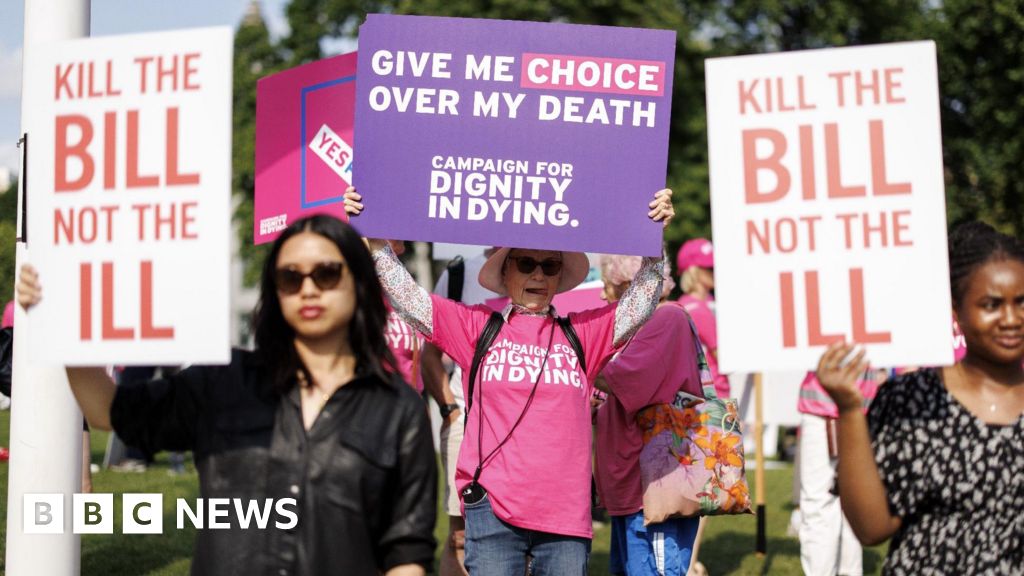While any increase in insurance premiums after being widowed is unwelcome (‘Bereavement penalty’: people who lost partners hit by insurance premium rises, 15 November), it is small compared with my experience with HMRC. When my husband died in March this year, I notified HMRC and other bodies via Tell Us Once.
I received two letters in April, three days apart, from HMRC, notifying me of my personal tax code for 2025-26. I glanced at the first one, similar to recent years, but didn’t realise the later letter – triggered by my husband’s death – was substantially different: not until I examined my bank statements in May and June, and saw that my small occupational pension had almost halved. It seems that an extra £62,000 had been added to my pension income, pushing this well into the higher tax threshold.
In my fraught call to HMRC, I learned that HMRC had recalculated my income (as a new widow) on the basis of adding up the electronic transfers in and out of my bank accounts: looking at February or March activity, then multiplying by 12 to reach an annual income of over £100,000. I was told this calculation had not involved humans, it was computer-generated.
It arrived in a proforma tax code notification, without a scrap of explanation. The person I spoke to assured me that she would correct this, but it was I who had to contact them. I can only assume that HMRC’s surveillance system saw several large electronic payments into my account, during February and March, likely to be money moved from savings for care home fees, funeral arrangements, etc. Apart from matters of privacy, I remain shocked that HMRC could make such a false calculation of my income as a widow, with no one taking personal responsibility for suddenly imposing a doubling of taxation on my income, just after my husband had died.
So if I had not been educated, numerate and able to manage my affairs as a newly widowed person, I would probably have been taxed as if I have a £100,000-plus annual income, all year; and who would have corrected this? If this is not an example of everything that is wrong with AI, algorithms and leaving matters to bots, computers or whatever we might call them, and cutting out any human intervention, I don’t know what is. That this happened to me within five weeks of my husband’s death, nearly halving my monthly income, is unforgivable.
Dr Susan Treagus
Manchester
When my wife died five years ago, I fell foul of my insurance company’s “bereavement premium” policy, increasing my car insurance. I solved the problem (with their agreement) by adding my son to my policy – my son who lives about 100 miles away, who I see about three times a year, and who rarely travels with me. Result? I’m happy and their computer algorithm is happy. Does it make sense? Not in the slightest.
Name and address supplied


